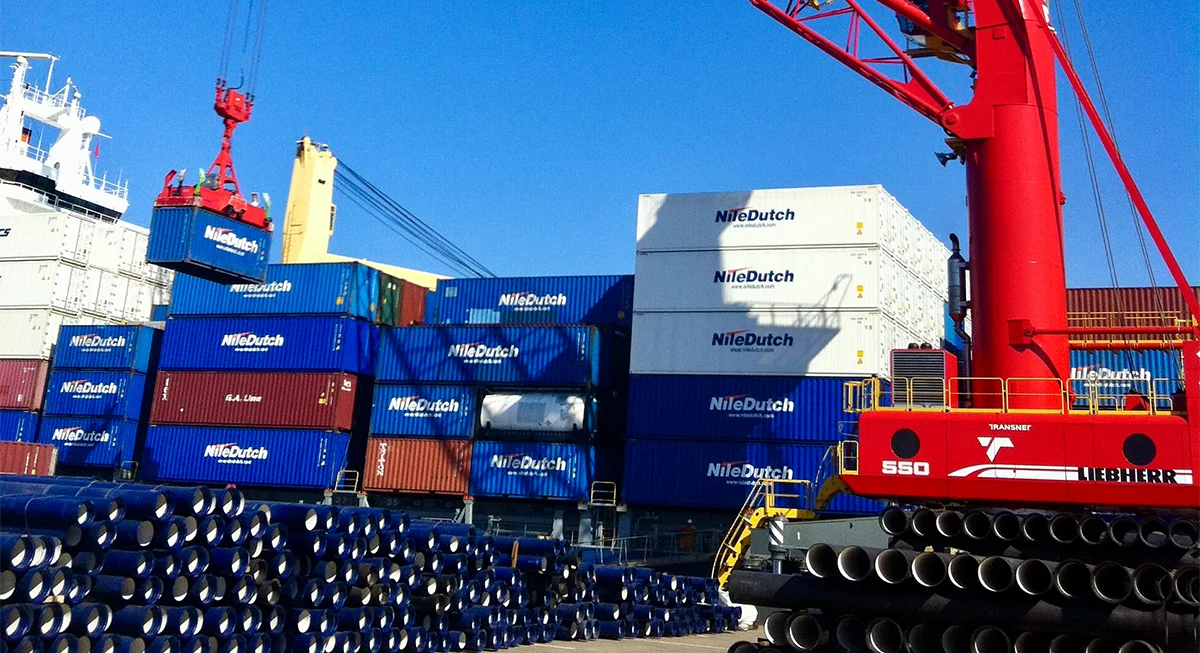South Africa’s logistics landscape is multifaceted, with road, rail, and maritime transport each playing critical roles. However, in the current context, road and maritime logistics often outperform rail for several reasons, ranging from infrastructure issues to flexibility and efficiency.
-

Infrastructure Challenges and Reliability
One of the primary reasons road and maritime logistics are favoured over rail in South Africa is the state of the country’s rail infrastructure. Decades of underinvestment and poor maintenance have left the rail network in disrepair. During the COVID-19 lockdowns, extensive theft and vandalism of railway components further degraded the system, leading to severe disruptions. Consequently, the reliability of rail transport has significantly diminished, making road and maritime transport more dependable options.
-






Flexibility and Speed
Road transport offers unparalleled flexibility compared to rail. Trucks can reach almost any destination, navigating the extensive network of highways and roads that connect urban and rural areas across the country. This flexibility is particularly crucial for last-mile delivery services, which are essential for the booming e-commerce sector. Furthermore, road transport is generally faster for shorter distances and offers quicker turnaround times, which is vital for perishable goods and time-sensitive deliveries.
Maritime logistics, on the other hand, play a pivotal role in international trade. South Africa’s major ports, such as Durban and Cape Town, handle a significant volume of the country’s imports and exports. Despite congestion issues, maritime transport remains a cornerstone of the logistics sector, providing the most efficient means of moving large volumes of goods across long distances. The ability to handle bulk shipments and the global reach of maritime routes make it indispensable for international trade.
-






Cost-Effectiveness
While rail transport can be cost-effective for bulk goods over long distances, the current inefficiencies and delays in South Africa’s rail system often negate these benefits. The high operational costs associated with maintaining and securing the rail infrastructure further diminish its cost advantages. In contrast, road transport, despite higher fuel costs, often proves to be more economical due to lower maintenance and infrastructure costs and the ability to consolidate smaller shipments into full truckloads. -






Technological Advancements and Environmental Initiatives
The road transport sector is also evolving with the advent of electric and alternative fuel trucks, which are beginning to enter the South African market. Companies like Volvo have introduced electric trucks, and there is growing interest in hydrogen fuel cell and compressed natural gas (CNG) vehicles. These innovations are not only reducing the environmental impact of road transport but also enhancing its efficiency and appeal.
Maritime transport is also seeing advancements in fuel efficiency and the adoption of cleaner technologies, which further solidify its role in sustainable logistics. Investments in port infrastructure aim to improve efficiency and reduce environmental impacts, making maritime logistics a forward-looking choice for large-scale and international freight.
-






Government and Private Sector Support
The South African government has recognised the critical role of road and maritime logistics and is taking steps to support these sectors. The National Logistics Crisis Committee (NLCC) has been established to address the immediate challenges in the logistics system, focusing on upgrading infrastructure, improving operational performance, and facilitating private sector partnerships to enhance efficiency.
Conclusion
While rail transport has its advantages, the current state of South Africa’s rail infrastructure, coupled with the flexibility, speed, cost-effectiveness, and technological advancements in road and maritime logistics, makes the latter two more favourable options in the present scenario. As South Africa continues to develop its logistics capabilities, road and maritime transport are likely to remain at the forefront, driving economic growth and ensuring the smooth movement of goods across the country and beyond.


